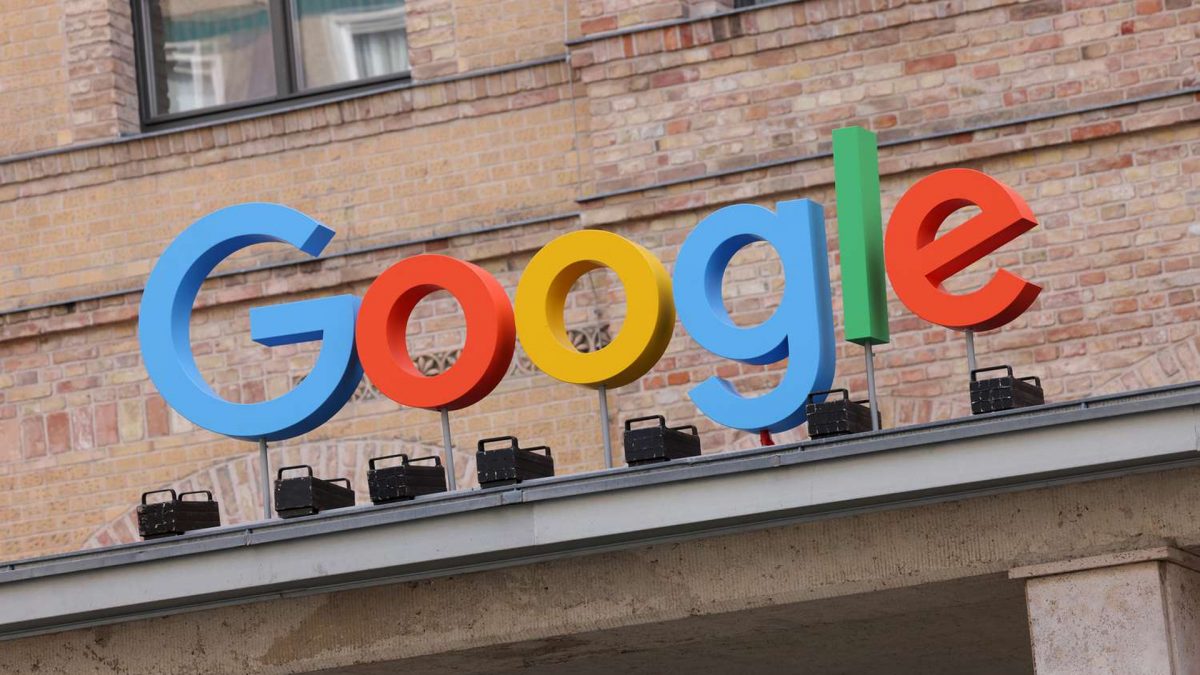The UK’s Information Commissioner’s Office (ICO) has strongly criticised Google for enabling advertisers to track users’ online activities through a method called fingerprinting. The data watchdog described the move as “irresponsible,” raising concerns that even privacy-conscious users will struggle to avoid being monitored.
Fingerprinting, unlike traditional cookies, collects a mix of signals from a device’s software and hardware to uniquely identify users. This method is far more difficult to detect or block, making it challenging for users to control how their data is collected and used. The ICO has warned that this approach undermines the principle of user choice, a cornerstone of data protection law, and goes against the vision of a privacy-focused internet.
Fingerprinting sparks privacy concerns
Google recently announced that from mid-February, advertisers would be permitted to use fingerprinting on connected TV (CTV) platforms, such as smart TVs and streaming devices. The company cited the growing importance of CTV in digital advertising and highlighted advancements in privacy-preserving technologies. However, critics argue that fingerprinting may simply replace the functions of third-party cookies, further eroding users’ control over their data.
In 2019, Google itself acknowledged that fingerprinting prevents users from clearing their digital identity, calling it a subversion of user choice. Now, the ICO has reiterated that fingerprinting is not a fair or lawful way to track individuals, insisting that businesses must give users clear options about whether they wish to be tracked.
Regulator warns of enforcement
Stephen Almond, the ICO’s executive director for regulatory risk, has called for advertising technologies like fingerprinting to be deployed transparently and within the bounds of data protection laws. He stressed that the ICO will take action if businesses fail to comply. The regulator believes fingerprinting could lead to widespread tracking without consent, reducing users’ ability to decide how their personal information is collected and used.
Google has responded by stating it will continue discussions with the ICO and remains committed to providing users with choices regarding personalised ads. The company argued that privacy-enhancing technologies can help businesses succeed on emerging platforms like CTV without compromising user privacy.
A tipping point for online privacy
The policy shift has reignited debates over digital privacy, with critics accusing Google of prioritising advertisers’ needs over consumer rights. While the tech giant insists it is balancing innovation with privacy, the ICO’s intervention highlights growing regulatory scrutiny in the digital advertising space. As connected TV continues to grow, the outcome of this debate could shape how user data is handled in the future.
)